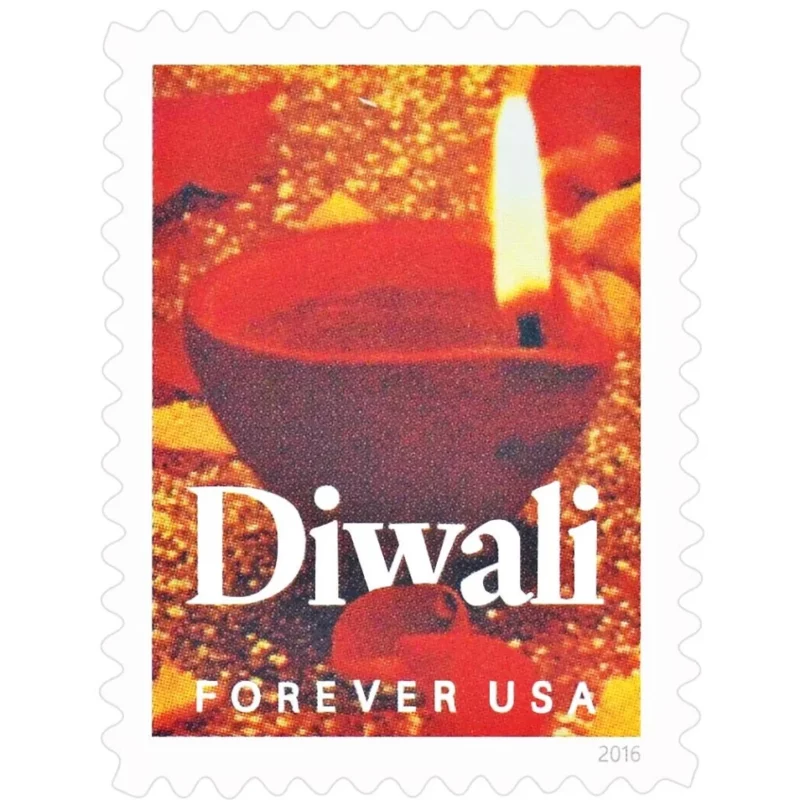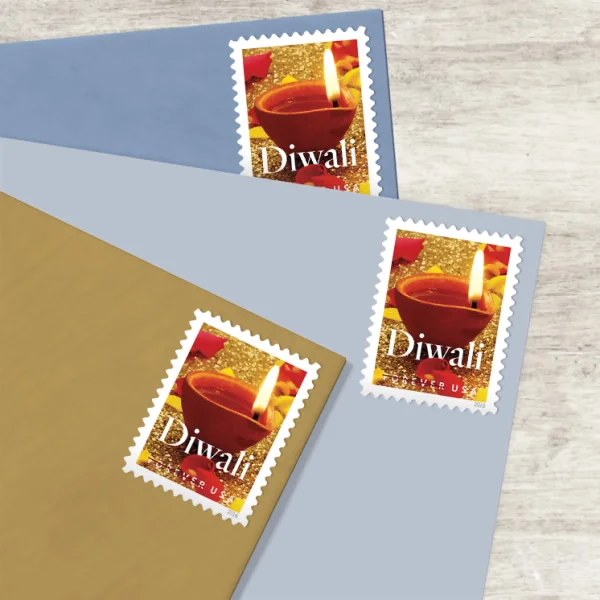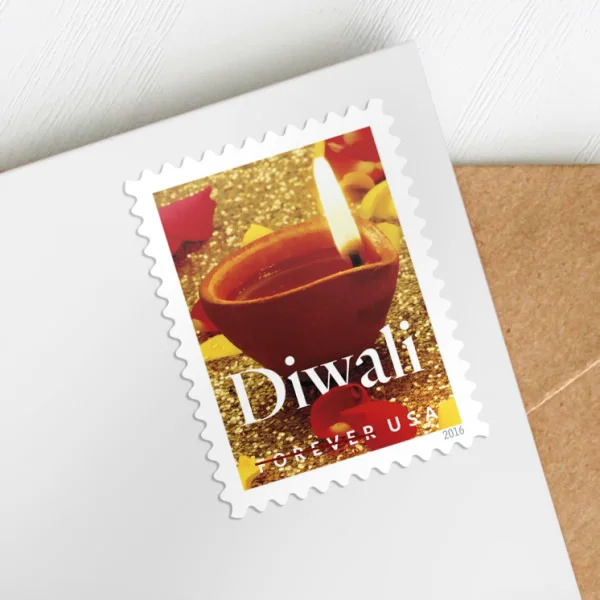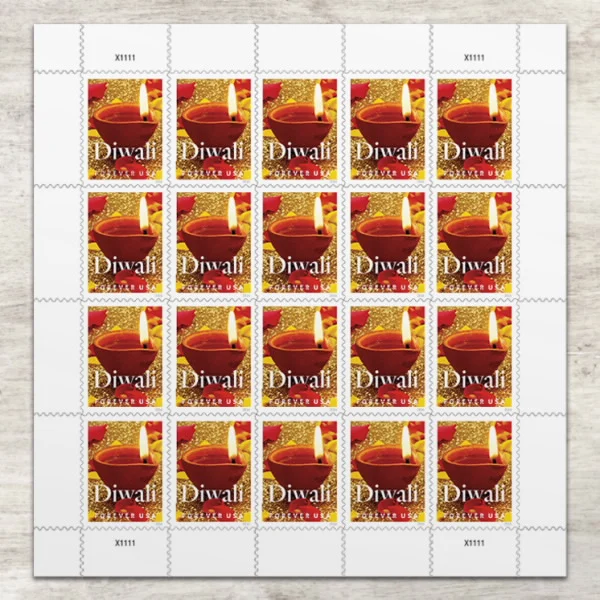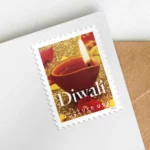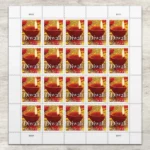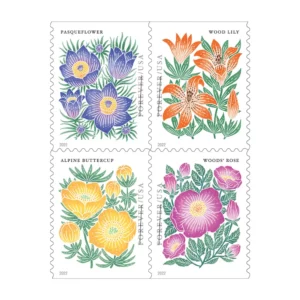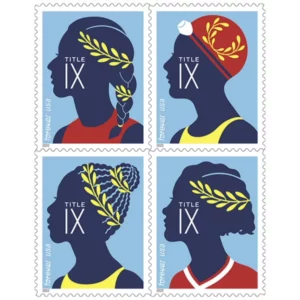Diwali, a traditional Hindu festival, symbolizes the victory of good over evil, light over darkness, knowledge over ignorance, and hope over despair. Spanning five days between mid-October and November, the festival’s third day coincides with the darkest night of the lunar calendar, the new moon night.
The initial two days of Diwali involve cleaning and decorating homes. One notable tradition is the creation of rangoli, intricate floor designs made from rice, sand, flowers, and other materials. Typically crafted by women, rangoli symbolizes good luck.
Referred to as the “festival of lights,” Diwali’s primary celebration occurs on the third day, known as Lakshmi Puja. This day is marked by a spectacular display of millions of diyas (small oil lamps) illuminating homes, along with strings of lights adorning rooftops and vibrant fireworks displays. Families come together to share meals, exchange gifts, and offer prayers to Lakshmi, the goddess of prosperity, believed to roam the Earth on this auspicious night.
Diwali’s global significance is growing, with many countries hosting events to celebrate the festival. This reflects the festival’s essence of promoting knowledge over ignorance, as people from diverse nations learn about and embrace the cultural richness of Diwali.

